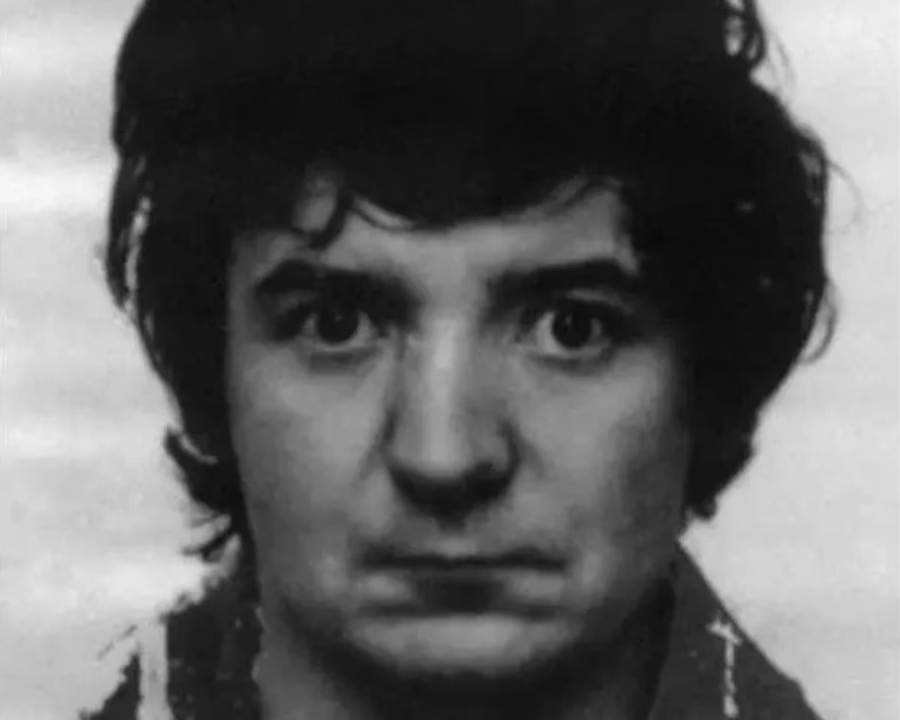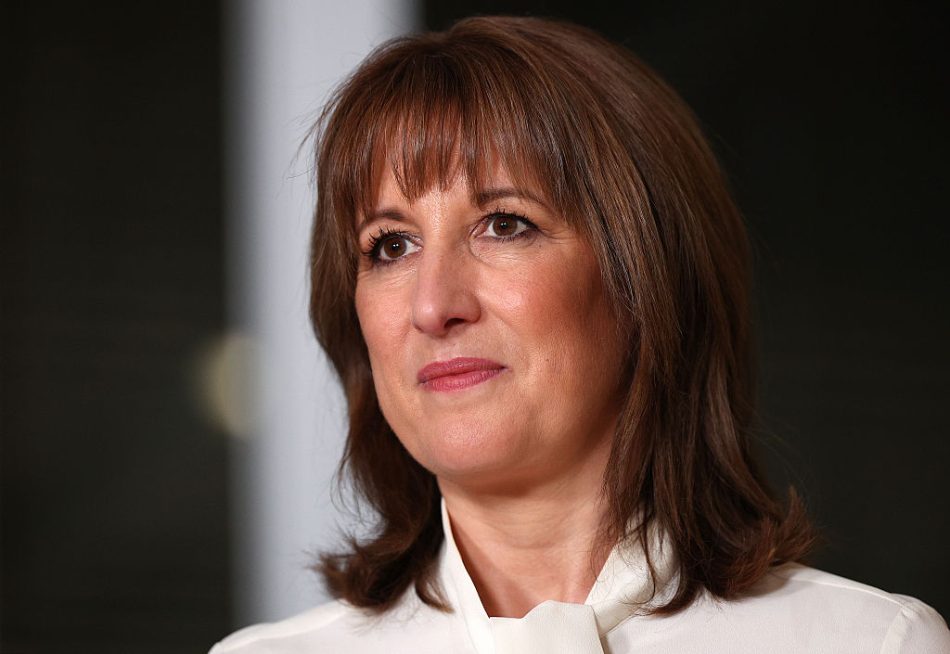Peter Sullivan, a man of ‘limited intellectual capacity’ and ‘suggestibility’, has been exonerated after spending 38 years in jail for a murder he didn’t commit. Now aged 68, Sullivan has spent most of his life in high-security jails. DNA evidence has demonstrated that another man was responsible for the brutal assault and murder of 21-year-old Diane Sindall in Birkenhead, Merseyside, in 1986 . How could such a horrific miscarriage of justice happen, and what has Peter endured these past four decades?
Peter has lost the best years of his life
After being arrested, Peter was interviewed without any lawyer present, with the police saying that legal advice would have been ‘a hindrance to the enquiry’. At Peter’s appeal this year, Dr Harry Wood, the psychologist who assessed him, said that he was so vulnerable that had the interview taken place today, he would have been accompanied by an ‘appropriate adult’ as well as a lawyer.
But Peter had none of that. It was just him in the room with police officers. Under their interrogation he broke down and confessed to the murder, which he withdrew later that day, before making the confession again. Why would a man we now know to be innocent say he’d committed a murder?
False confessions are a fascinating field of study, with much research suggesting that ‘accusatorial and confrontational’ interrogations are more likely to produce them. British policing was very different in the 1980s, but was this kind of interview normal?
I spoke with Adam King, a leading criminal barrister who explained that the Police and Criminal Evidence Act (1984), which only came into force in 1986, ‘brought in a wholesale shift in how police conduct interviews’. This should have changed how Sullivan was treated. According to Adam, the new rules meant that ‘the Crown could only put a confession to a jury if they were able to prove beyond reasonable doubt that it was not obtained by oppression or as a result of anything else likely to make it unreliable’. Adam went on to explain that this new law and approach ‘hadn’t really bedded-in’ by the time of Sullivan’s arrest.
So this vulnerable man seems to have received an old-fashioned interrogation which produced a false confession. On the basis of this and an ‘expert’ at the trial who claimed Peter’s teeth matched bite marks on Diane Sindall’s body, this innocent man was found guilty and imprisoned. Meanwhile, the real killer has never been caught.
What must Peter have endured? To know you’re innocent and to spend decades caged in a system which insists that you’re guilty must be a very particular kind of hell. Now he will be released into a world profoundly changed in every way. Of course no money can make this right. Peter has lost the best years of his life. But in theory he should receive compensation.
I say in theory, because the state is often unwilling and slow to compensate those it has wrongly jailed. Andrew Malkinson was freed from jail in 2020 and exonerated in 2023, but he only received his first compensation payment from the government in February of this year. This attitude and approach is just another example of how unjust our ‘Justice’ department often is. A ministry and a system run by people with true moral purpose would act to immediately and completely compensate those it has wronged. Sadly, we do not have such a ministry.







Comments